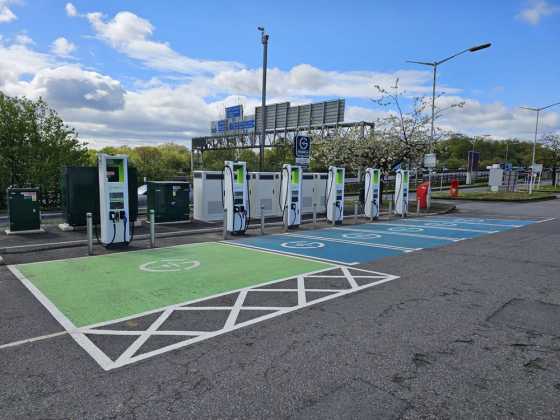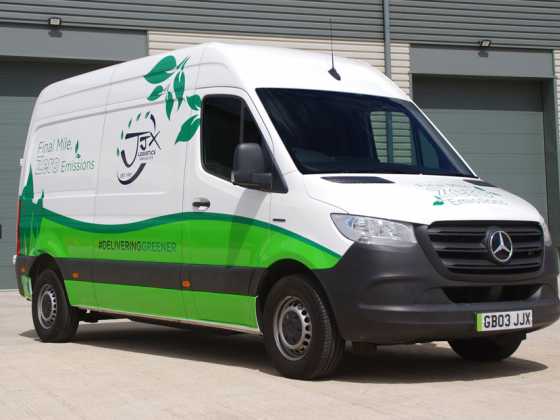Negotiations key as fleets consider EU referendum impact
A major concern within the fleet industry following the UK’s EU referendum decision is how the government will ensure that the transfer of goods in and out of Europe remains cost effective and feasible.
On the morning of 24 June, it was announced that the UK public had voted in favour of leaving the European Union by 51.9 per cent to 48.1 per cent. The outcome has kickstarted concerns and questions over how the government will react and how the vehicle industry should be prepared.
The freight industry stated that Europe remains its biggest export market and will continue to be the supplier of a high proportion of the UK’s imports. While economic stability remains the priority, the government is being urged to secure a deal that safeguards the interests of the UK vehicle industry as a whole.
David Wells, chief executive of the Freight Transport Association (FTA), said: “We cannot allow new bureaucratic burdens to hamper the efficient movement of exports heading for customers and imported goods destined for British consumers.
“The government has two years to ensure the conditions currently imposed on other non-EU member states such as Albania and Serbia are not imposed on UK freight flows. Norway and Switzerland have better arrangements but have accepted tough conditions including the free movement of people, so this will be a difficult negotiation.
"Britain may be out of Europe but it's not out of business and FTA will be leading the campaign on behalf of exporters and importers to keep trade procedures simple and the costs of international transport down.”
The Society of Motor Manufacturers and Traders (SMMT), alongside the British Vehicle Renting and Leasing Association (BVRLA) have assured their members that the fleet industry will need time to assess the ramifications of the referendum result.
A ComRes survey in March for the SMMT revealed that 77 per cent of its members believed that remaining in Europe was best for their business, with figures such as 81.5 per cent of UK produced cars exported backing the argument.
Mike Hawes, chief executive of the SMMT, said: “The British public has chosen a new future out of Europe. The government must now maintain economic stability and secure a deal with the EU which safeguards UK automotive interests. This includes securing tariff-free access to European and other global markets, ensuring we can recruit talent from the EU and the rest of the world and making the UK the most competitive place in Europe for automotive investment.”
Much of the build up to the referendum relied upon speculation, and much of the immediate aftermath is guesswork and born out of concern, rather than factual outcomes. As BVRLA chief executive Gerry Keaney reminded people, ‘after all, our sector is very experienced in dealing with challenge and change’.
GreenFleet will keep it’s readers up-to-date with what the vote will mean for the industry as the decisions are made in Parliament and in Brussels.



